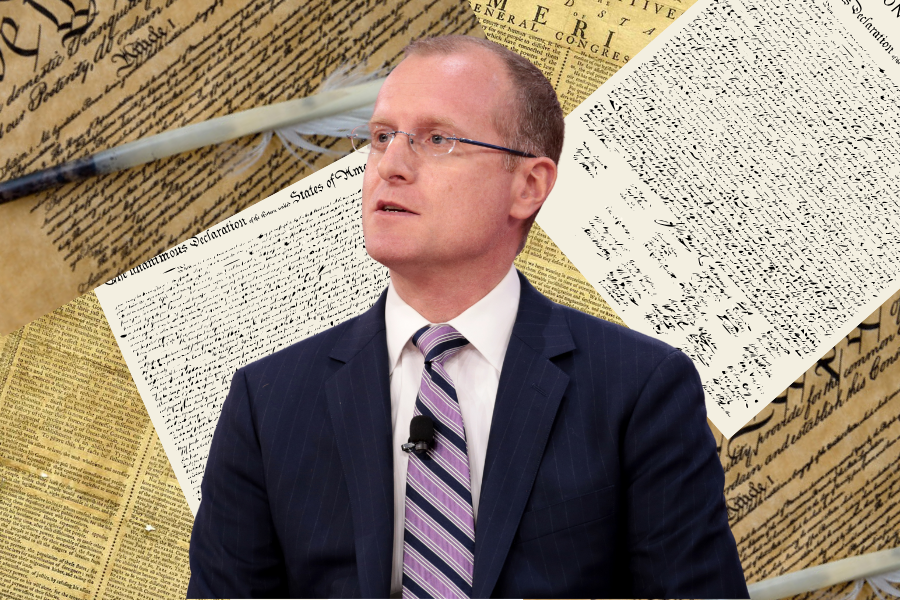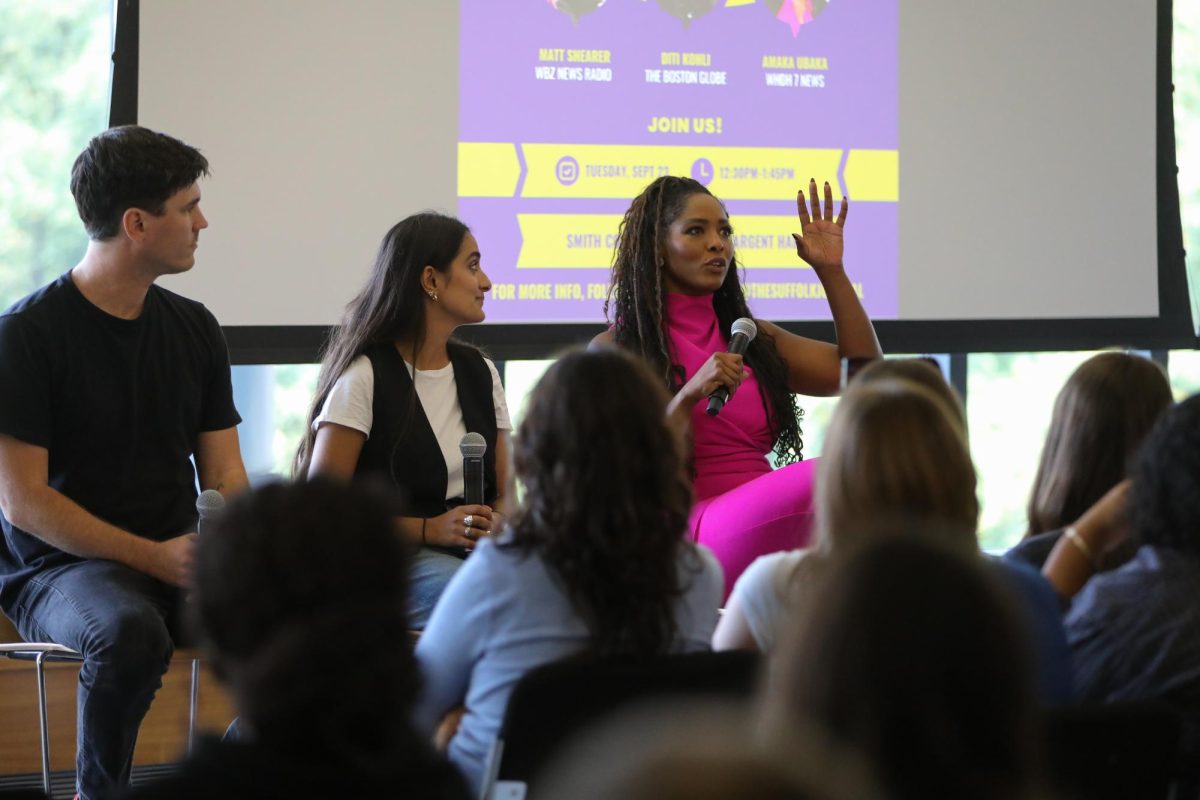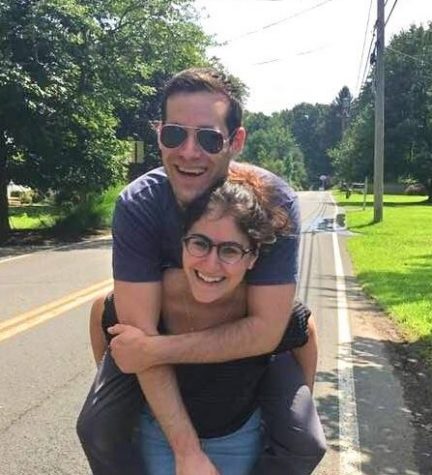A new popular debate strategy that has surfaced in the last few years, particularly since the most recent presidential election: criticizing one’s opponent as a “sensitive” or “special” snowflake. The insult was first directed at the perceived hypersensitivity among students on college campuses, but has now come to be thrown around in response to virtually anything the younger generations might say that disagrees with the status quo, and is mostly thrown from the far right toward the left.
This isn’t just another immature derogatory term. It also highlights a real problem facing both the right and the left: the inability to distinguish the criticism and exchange of ideas from intolerance and prejudice.
Demanding the same rights as everyone else does not make one overly sensitive, and calling everyone who does a “snowflake” is a cheap attack that carries no substance other than furthering societal divides. At the same time, closing oneself off from opposing viewpoints — offensive or not — is indeed dangerous. Neither side should lose sight of what’s important.
Our culture prides itself on its tolerance of individuality, yet some use it as a means of discrimination. As we make progress with equal rights, there will be more and more minorities who’ve faced intolerance and will demand to have their voice heard. This doesn’t mean people are getting more needlessly sensitive; it means people are becoming more mindful of how we should treat others. Unique (“snowflake”) or not, all people deserve to be treated with respect.
We must also be careful to acknowledge that people should be sensitive about the right things. A free and just society requires two essential qualities. Equal rights are surely the first. The other is the ability to freely criticize and exchange ideas. Unfortunately, the latter is often seen as incompatible with the former and therefore gets equated with intolerance. A striking example of this is indeed on college campuses, where invited speakers have increasingly been met with protests, human blockades – and at times violent riots – due to their beliefs, which, in a shockingly high number of cases, happen to be misattributed or otherwise distorted.
No doubt there are ingenuine trolls who have no place in an academic environment, such as Milo Yiannopoulos. Does he really have anything philosophically meaningful to add?
People whose primary goal is to offend rather than have genuine debate should be ignored, although even they should not be met with violence. I am talking about otherwise respectable authors and academics who, as part of a civil conversation, criticize and exchange ideas without directly attacking any group of people.
When students shun them with abusive language or violence because they don’t agree with them instead of entering the conversation themselves, it is no longer a conversation. If we attack everyone we disagree with, we become the intolerance we believe ourselves to be fighting against.
On the other side, there are those who say they are merely expressing their ideas while actually spouting hate or even just being unnecessarily hostile. You are not required to denounce your beliefs if they happen to offend people, but many in the so-called “alt-right” seem to simply enjoy mocking people during any discussion, and then follow up by defending their right that opinion.
While we should not shut down debate over hurt feelings, things like the term “sensitive snowflake,” which is designed for the sole purpose of hurting people’s feelings, should be abandoned. Besides, standing up against discrimination, bullying, and intolerance is something everyone should absolutely be sensitive about. Is that really an insult?








